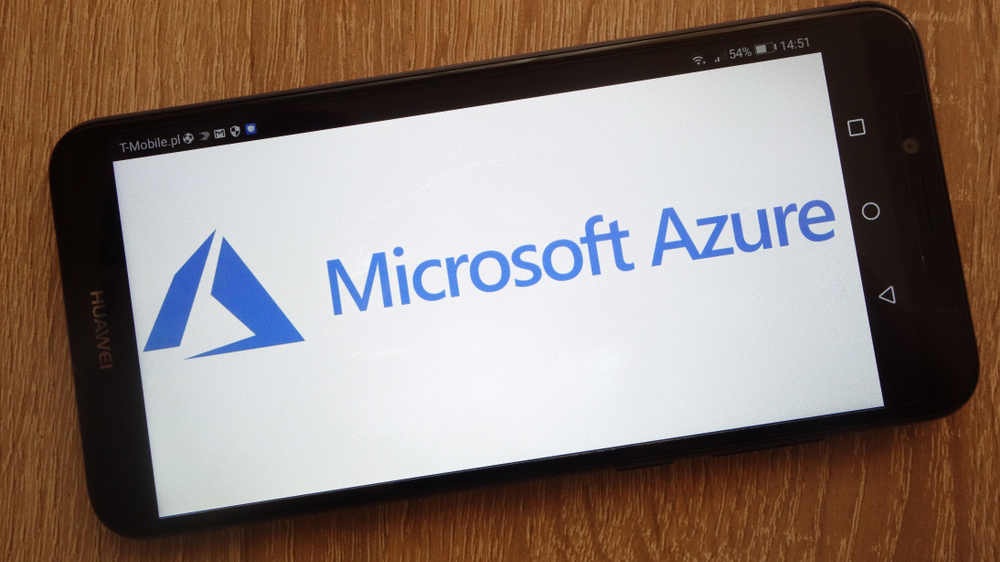RAC improves data services with Microsoft Azure and IoT Hub
RAC analyses crash data faster with Azure

RAC has been providing services like breakdown and recovery to motorists since its founding in 1897. Despite its grand old age, however, the organisation has kept pace with new technologies and today that means the cloud and IoT.
Most recently, RAC has started using Microsoft's Azure and IoT Hub products to improve some of the services it offers to its customers, particularly its telematics service.
Telematics comprises four distinct types of data: GPS-related data, such as vehicle location, journey mapping and vehicle usage patterns; crash detection and reporting statistics; driver behaviour monitoring; and vehicle diagnostic data, relative to fault codes.
Every vehicle monitored by RAC generates between 1MB and 5MB of data per month, including 2.5 million roadside events, which all need to be analysed and interpreted.
RAC then uses this data to improve the efficiency of roadside assistance, plan maintenance beforehand, prevent accidents and improve driver safety.
Until recently, the company had been using another cloud service whose identity it did not want to reveal. Although it helped manage the data, RAC directors believed that as the amount of data collected and analysed grew in the future, this existing technology would be too limiting both in terms of scalability and architecture flexibility.
RAC telematics managing director, Nick Walker, tells Cloud Pro: "The move to Azure is to ensure security, scalability and robustness of service. Additionally, Microsoft offers other tool sets that we need such as stream analytics, CRM in the form of Dynamics, and machine learning programs we will need going forward to analyse our data."
Get the ITPro daily newsletter
Sign up today and you will receive a free copy of our Future Focus 2025 report - the leading guidance on AI, cybersecurity and other IT challenges as per 700+ senior executives
The decision to employ Azure and IoT Hub was made during the second quarter this year, but RAC had been looking at alternatives to its previous provider for about a year.
Walker says: "We knew we needed to use cloud-based technology and we needed a partner that understood our business and has a set of tools to deal with the data and meet our customers' needs. The IoT Hub is very similar in architecture to how we had mapped out our own developments. It all made perfect sense to us."
The RAC is still in the process of deploying Microsoft's services, hence results are not yet certain. However, the company's reporting suite, which leverages multiple datasets across the data points monitored, was faster in a test run than it used to be, and extracted data on more vehicles than it used to.
Walker believes the deployment will yield plenty of advantages for customers, saying: "Customers will experience faster system response times and be able to extract data from more vehicles in parallel than before. Also, our roadmap of services that are made possible by this move will provide many more benefits over time."
"This platform will enable us to combine a digital transformation, in the way in which we interact with our customers, with a platform that connects several of our currently independent services together," he adds.
Overall, Microsoft Azure and IoT Hub should make real-time analysis of data coming in from vehicles faster, also allowing RAC to compare data across multiple databases. This could in turn help monitor vehicle faults that drivers may not have noticed, and allow RAC to warn them, so they can take preventive measures.
RAC should shortly be revealing some of the new services it will be offering as a result of working with Microsoft.
Walker says: "We're very excited about the potential this new relationship with Microsoft represents and what it will mean for our customers."
-
 Asus ZenScreen Fold OLED MQ17QH review
Asus ZenScreen Fold OLED MQ17QH reviewReviews A stunning foldable 17.3in OLED display – but it's too expensive to be anything more than a thrilling tech demo
By Sasha Muller
-
 How the UK MoJ achieved secure networks for prisons and offices with Palo Alto Networks
How the UK MoJ achieved secure networks for prisons and offices with Palo Alto NetworksCase study Adopting zero trust is a necessity when your own users are trying to launch cyber attacks
By Rory Bathgate